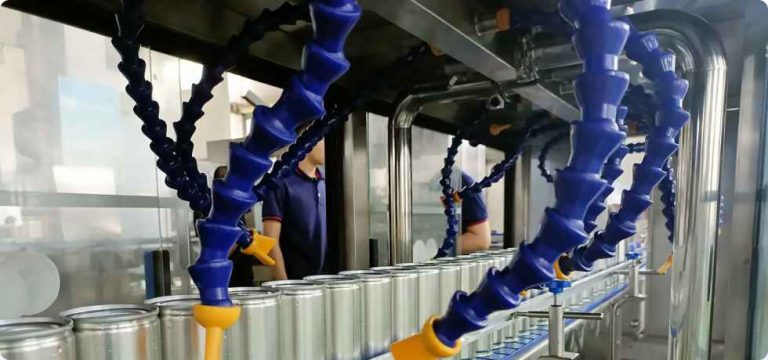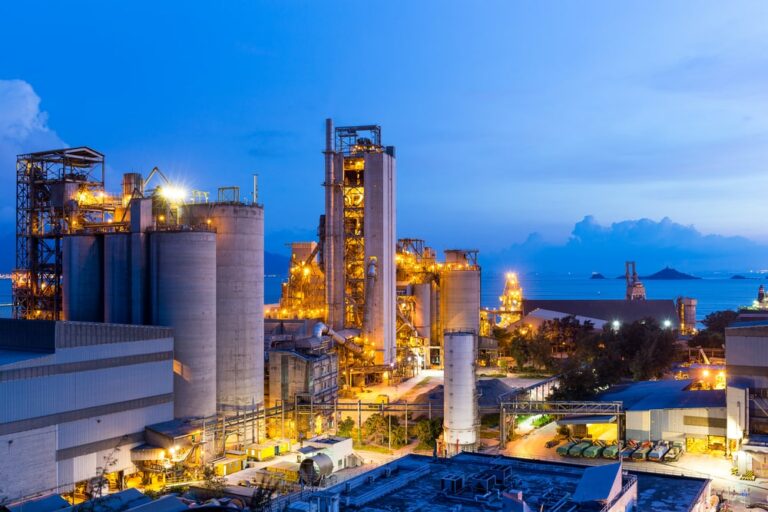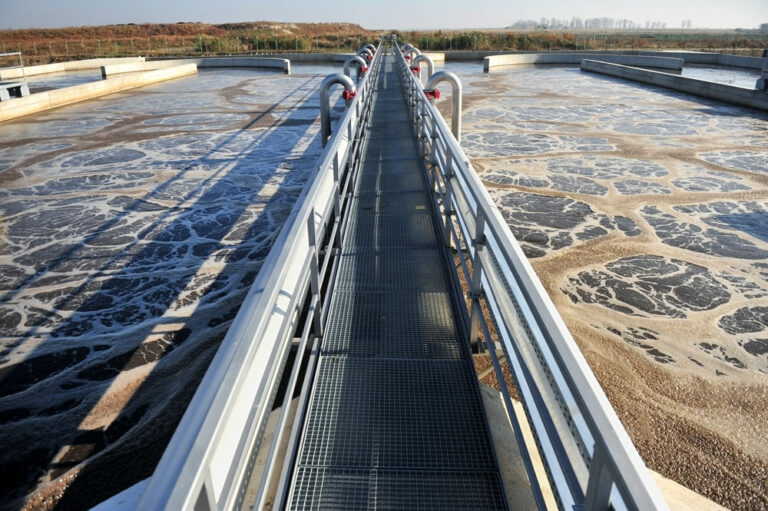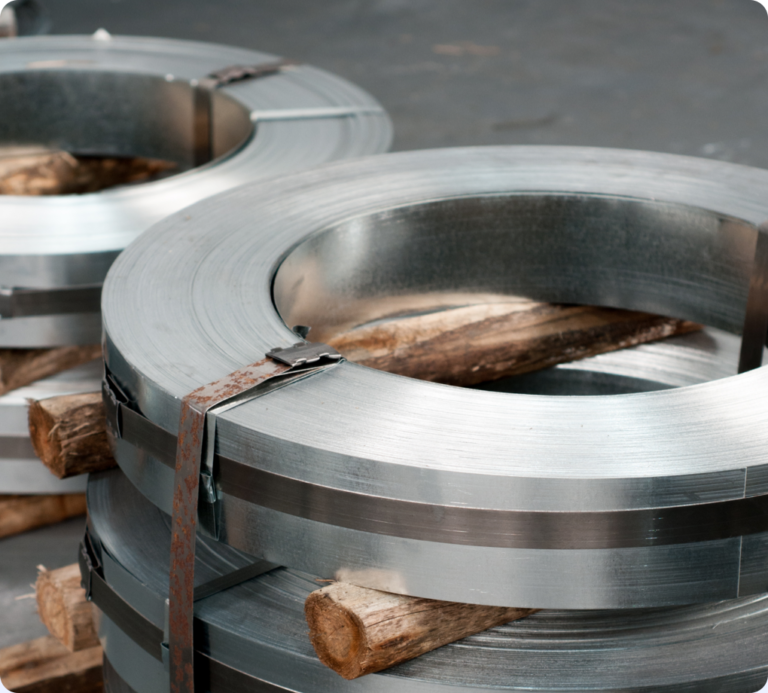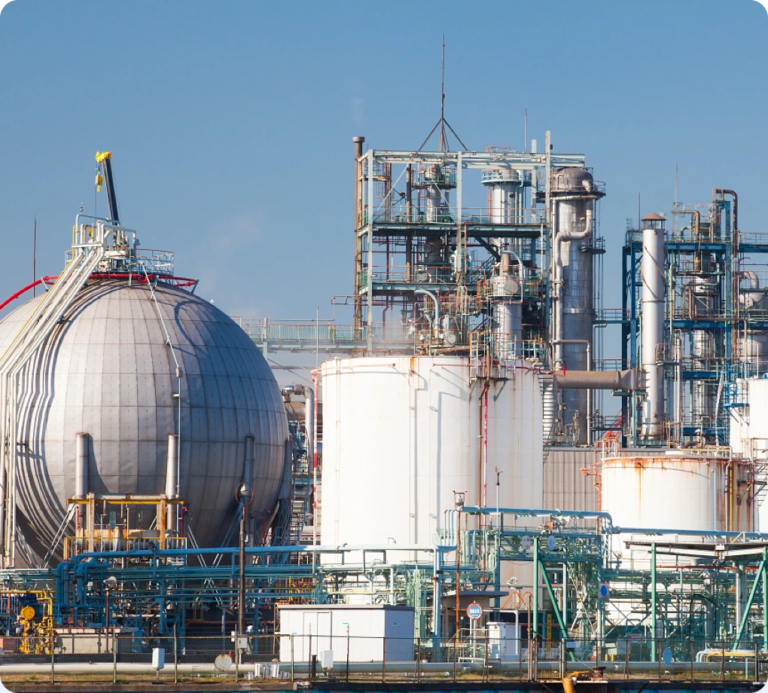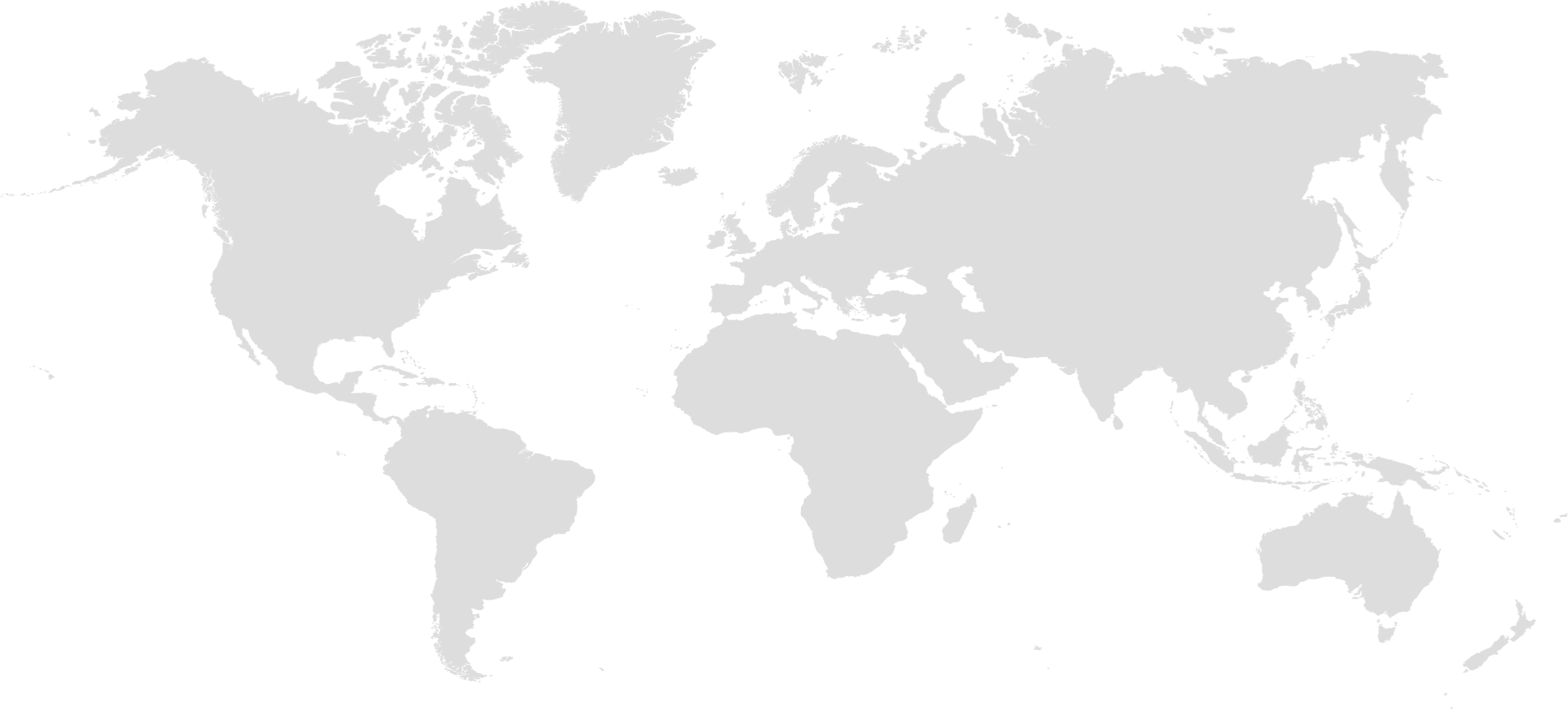RAETTS is a manufacturer of blowers, such as turbo leaf blower,Industrial Blowers for Textile industry,aeration blower,STP blower for sewage treatment plant,Centrifugal Blowers for Chemical industry,oxygen supply blower for yeast. The products are widely used in pharmaceutical and other industries. The company has advanced testing equipment and production facilities, has more than 18 years of manufacturing experience, is very skilled in design, development and manufacturing, and has been exported to more than 30 countries.We can provide more energy conservation for the world, provide more perfect product solutions for customers, and provide good quality and highly competitive prices through mass production. We hope that all customers can provide 100% satisfactory solutions for fans and motors. Welcome more customers from all walks of life to contact us to create a common success in future business relations. We offer the best products and services at the most favorable prices.

| Product name | Cement factory blower |
| Keyword | turbo leaf blower,Industrial Blowers for Textile industry,aeration blower,STP blower for sewage treatment plant,Centrifugal Blowers for Chemical industry,oxygen supply blower for yeast |
| Place of Origin | China |
| Feature | RAETTS air bearing turbo blower is a brand-new concept blower, which integrates the main core technologies such as “air suspension bearing”, “permanent magnet ultra-high-speed motor”, “high-precision aviation-grade impeller”, and creates a new era of ultra-high efficiency ,low noise and low energy consumption. |
| Dimensions | 727mm*716mm*794mm, (Contact us for specific information to confirm) |
| Applicable Industries | high tower desulfurization, etc. |
| Weight | 230kg |
| delivery date | the common delivery time will be 30-40 days. |
| terms of paymen | RAETTS accept payment by T/T(30% advance payment,70% before shipment) |
| Life span | 15 years (Contact us for specific information to confirm) |
| After-sale service | RAETTS warranty time for air bearing blower and maglev turbo blower is 24months,for high speed centrifugal blower is 12 months. |
| Advantage | We keep good quality and competitive price to ensure our customers benefit |
| Packing | 860x883x853mm(Contact us for specific information to confirm) |
| OEM/ODM | Customization Service Provided |
| Sales country | All over the world for example:Chile,India,Belize,Russia,Switzerland |
| MOQ | 3pcs(Contact us for specific information to confirm) |
| production capacity | production capacity RAETTS production quantity for air bearing blower and maglev turbo blower is about 200pcs/month,for high speed centrifugal blower is about 700pcs/month. |
| raw materials | RAETTS air blower impeller in made of aluminum alloy,enclosure material is carbon steel,rotor material is cast iron.If customers need other special materials,we can also customized according to customers requirements |
| technology | RAETTS air bearing blower technology is originated from South Korea and maglev turbo blower technology is originated from Germany.RAETTS also have R&D team from Xi’an Jiaotong University |
| quality system | RAETTS has quality management system certificate ISO9001:2015 and enviromental management system certificate ISO14001:2015 |

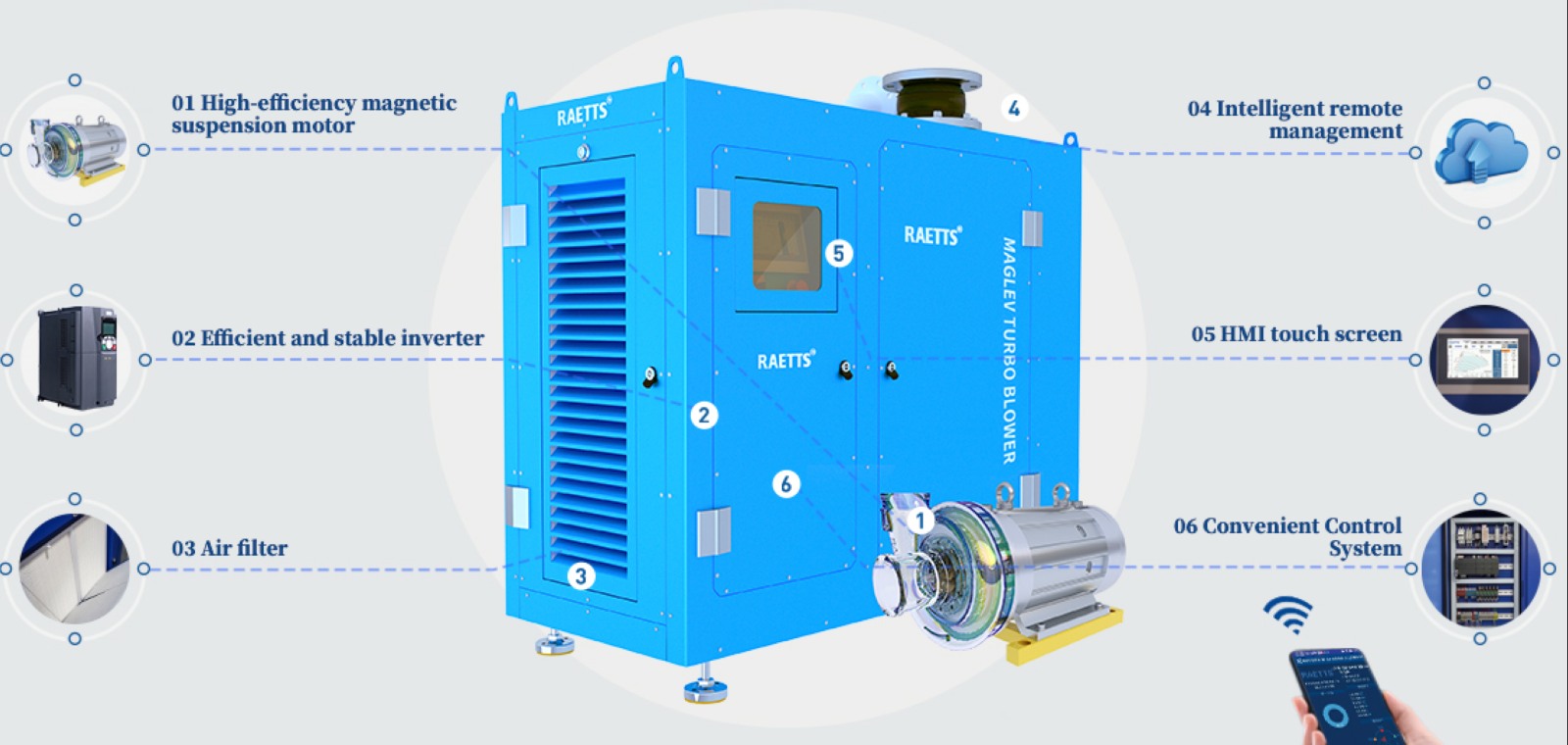
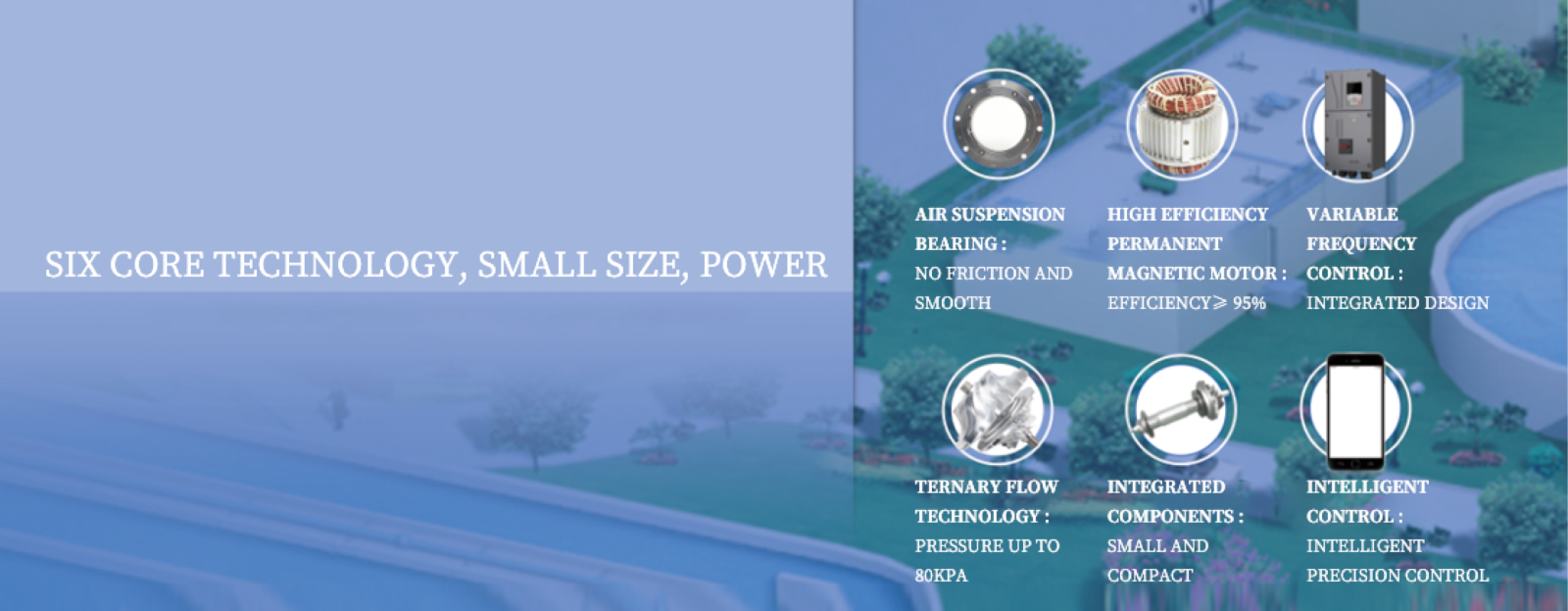
Cement factory blower services FAQs Guide
Are you looking for a quick review guide about Cement factory blowerservices?
An ultimate FAQ buying guide is available to help you.This guide contains all the information about all the important facts, figures, and various processes regarding Cement factory blower services.
Let’s continue!
2.About Cement factory blower patent
3.How Does a Turbo Blower Affected by Changes in Ambient Temperature?
4.About Cement factory blower air blower origin
5.How Does a Turbo Blower Compare to Traditional Centrifugal Blowers?
6.What Measures are in Place for Protecting Against Overloading a Turbo Blower?
7.Are There Environmental Benefits to Using a Turbo Blower?
8.About Cement factory blower production capacity
9.What is the Maximum Pressure and Flow Rate of a Turbo Blower?
10.What are the common applications of an Cement factory blower?
11.Can a Turbo Blower Be Used for Both Vacuum and Compression Applications?
12.About Cement factory blower production equipment
13.What Types of Materials Can a Turbo Blower Handle?
14.About Cement factory blower delivery date
15.What is the Cost Comparison between a Turbo Blower and Other Types of Blowers?
1.About Cement factory blower R&D capabilities
RAETTS R&D team has more than 20 people,the chief team leader worked for BYD before,and the technique of whole team is supported by Xi’an Jiaotong University.
2.About Cement factory blower patent
RAETTS won 5 Patents for invention, 18 Patents for utility models,3 Design patents +2 software copyrights,Dozens of patents under application,and formulated 1 Industrial standard and 2 Technical standards.
3.How Does a Turbo Blower Affected by Changes in Ambient Temperature?
We attach importance to the innovation ability and team spirit of employees, have advanced R & D facilities and laboratories, and have a good quality management system.
A turbo blower is a type of centrifugal blower that uses a high-speed impeller to generate air flow. The performance of a turbo blower can be affected by changes in ambient temperature in several ways:
1. Air Density: The density of air decreases as the temperature increases. This means that the same volume of air at a higher temperature will have a lower mass compared to the same volume of air at a lower temperature. As a result, the air entering the turbo blower will have a lower mass, which can affect the blower’s performance.
2. Air Viscosity: The viscosity of air also decreases with an increase in temperature. This means that the air will be less resistant to flow, resulting in a decrease in pressure and flow rate. This can affect the efficiency of the turbo blower, as it may require more power to achieve the desired flow rate.
3. Bearing Temperature: The bearings of a turbo blower can be affected by changes in ambient temperature. If the temperature is too high, it can cause the bearings to overheat, leading to premature wear and failure. On the other hand, if the temperature is too low, the bearings may not reach their optimal operating temperature, resulting in reduced efficiency and increased wear.
4. Motor Performance: The motor that drives the turbo blower can also be affected by changes in ambient temperature. If the temperature is too high, it can cause the motor to overheat, leading to reduced performance and potential damage. Similarly, if the temperature is too low, the motor may not reach its optimal operating temperature, resulting in reduced efficiency and increased wear.
To mitigate the effects of ambient temperature on a turbo blower, it is important to properly size and select the blower for the specific operating conditions. This may include using a larger blower or incorporating a cooling system to maintain optimal operating temperatures. Regular maintenance and monitoring of the blower’s performance can also help identify any issues caused by changes in ambient temperature and address them promptly.
4.About Cement factory blower air blower origin
RAETTS air blower is made in China and made in Germany,we have factory both in China and Germany.
5.How Does a Turbo Blower Compare to Traditional Centrifugal Blowers?
We pay attention to the introduction and training of talents, scientifically regulate the management system, and focus on cultural construction and team cohesion.
A turbo blower is a type of centrifugal blower that uses a high-speed impeller to generate air flow. It differs from traditional centrifugal blowers in several ways:
1. Design: Turbo blowers have a more compact and streamlined design compared to traditional centrifugal blowers. This is because they use a single-stage impeller, which eliminates the need for multiple stages and reduces the overall size of the blower.
2. Speed: Turbo blowers operate at much higher speeds than traditional centrifugal blowers. While traditional blowers typically operate at speeds of 3,600 RPM or lower, turbo blowers can reach speeds of up to 30,000 RPM. This allows them to generate higher air flow rates and pressures.
3. Efficiency: Due to their high speeds, turbo blowers are more efficient than traditional centrifugal blowers. They require less energy to operate and can achieve higher air flow rates with the same power input.
4. Maintenance: Turbo blowers have fewer moving parts compared to traditional centrifugal blowers, which means they require less maintenance and have a longer lifespan.
5. Noise: Turbo blowers are generally quieter than traditional centrifugal blowers due to their streamlined design and high-speed operation.
6. Control: Turbo blowers offer more precise control over air flow and pressure compared to traditional centrifugal blowers. This is because they can adjust their speed and impeller angle to meet specific process requirements.
Overall, turbo blowers offer several advantages over traditional centrifugal blowers, including higher efficiency, lower maintenance, and more precise control. However, they may also come at a higher initial cost. The choice between the two types of blowers will depend on the specific needs and requirements of the application.
6.What Measures are in Place for Protecting Against Overloading a Turbo Blower?
We continue to improve Cement factory blower products and processes to improve efficiency.
1. Design and Engineering: Turbo blowers are designed and engineered to withstand a certain amount of load and stress. The design includes factors such as material strength, bearing capacity, and rotor dynamics to ensure that the blower can handle the expected load without failure.
2. Load Monitoring: Most turbo blowers are equipped with load monitoring systems that continuously measure the load on the blower. This allows operators to keep track of the load and make adjustments if necessary to prevent overloading.
3. Safety Margins: Turbo blowers are designed with safety margins to account for unexpected increases in load. These safety margins provide a buffer to prevent overloading and protect the blower from damage.
4. Control Systems: Advanced control systems are used to regulate the speed and flow of the blower. These systems can adjust the blower’s output to match the required load, preventing overloading.
5. Vibration Monitoring: Vibration monitoring systems are used to detect any abnormal vibrations in the blower. Excessive vibrations can be an indication of overloading, and the system can automatically shut down the blower to prevent damage.
6. Temperature Monitoring: Turbo blowers generate a lot of heat, and excessive heat can be a sign of overloading. Temperature monitoring systems can detect any abnormal increases in temperature and shut down the blower to prevent damage.
7. Regular Maintenance: Regular maintenance and inspections are crucial for identifying any potential issues that could lead to overloading. This includes checking for wear and tear, lubrication levels, and any other signs of damage.
8. Training and Education: Proper training and education of operators is essential for preventing overloading. Operators should be familiar with the blower’s capabilities and know how to operate it within its limits to avoid overloading.
7.Are There Environmental Benefits to Using a Turbo Blower?
Our mission is to provide customers with the best solutions for Cement factory blower.
Yes, there are several environmental benefits to using a turbo blower:
1. Energy Efficiency: Turbo blowers are more energy efficient compared to traditional blowers, which means they consume less energy to produce the same amount of air flow. This results in lower energy consumption and reduced carbon emissions.
2. Reduced Noise Pollution: Turbo blowers are designed to operate at lower noise levels compared to traditional blowers. This helps to reduce noise pollution in the surrounding environment, making them ideal for use in residential areas or noise-sensitive locations.
3. Lower Maintenance Requirements: Turbo blowers have fewer moving parts compared to traditional blowers, which means they require less maintenance and have a longer lifespan. This reduces the need for frequent replacements and disposal of old equipment, resulting in less waste and environmental impact.
4. Reduced Carbon Footprint: As turbo blowers are more energy efficient, they help to reduce the carbon footprint of the facility where they are used. This is beneficial for the environment as it helps to mitigate the effects of climate change.
5. Improved Air Quality: Turbo blowers are designed to provide a consistent and clean air flow, which helps to improve the air quality in the surrounding environment. This is especially important in industrial settings where air pollution can be a major concern.
6. Reduced Water Usage: Some turbo blowers are designed to use water as a lubricant, which reduces the need for oil or other lubricants. This helps to conserve water resources and reduce the risk of water pollution.
Overall, using a turbo blower can have a positive impact on the environment by reducing energy consumption, noise pollution, carbon emissions, and water usage, while also improving air quality and reducing maintenance requirements.
8.About Cement factory blower production capacity
RAETTS production quantity for air bearing blower and maglev turbo blower is about 200pcs/month,for high speed centrifugal blower is about 700pcs/month.
9.What is the Maximum Pressure and Flow Rate of a Turbo Blower?
We should have a stable supply chain and logistics capabilities, and provide customers with high -quality, low -priced Cement factory blower products.
The maximum pressure and flow rate of a turbo blower can vary depending on the specific model and manufacturer. However, in general, turbo blowers can achieve pressures up to 15 psi (1 bar) and flow rates up to 10,000 cubic feet per minute (cfm) (283 cubic meters per minute). Some high-performance turbo blowers may be able to achieve even higher pressures and flow rates. It is important to consult the manufacturer’s specifications for the specific turbo blower being used to determine its maximum pressure and flow rate capabilities.
10.What are the common applications of an Cement factory blower?
The air blower can be applied for wastewater treatment aeration,pneumatic conveying,sandblaster,combustion support,galvanization,air knife drying,aquaculture oxygenation,fish farming,etc.
11.Can a Turbo Blower Be Used for Both Vacuum and Compression Applications?
We have broad development space in domestic and foreign markets. Cement factory blower have great advantages in terms of price, quality, and delivery date.
Yes, a turbo blower can be used for both vacuum and compression applications. Turbo blowers are versatile machines that can be used for a variety of applications, including both vacuum and compression. They are commonly used in industries such as wastewater treatment, pneumatic conveying, and industrial processes.
In vacuum applications, the turbo blower is used to create a negative pressure or suction to remove air or other gases from a system. This is commonly used in vacuum pumps for packaging, vacuum cleaners, and other industrial processes.
In compression applications, the turbo blower is used to increase the pressure of a gas or air stream. This is commonly used in pneumatic conveying systems, aeration systems, and other industrial processes.
The versatility of turbo blowers makes them a popular choice for many industries. They are energy-efficient, compact, and have a wide operating range, making them suitable for various applications. However, it is essential to ensure that the turbo blower is designed and selected specifically for the intended application to ensure optimal performance and efficiency.
12.About Cement factory blower production equipment
RAETTS production equipments are including:Germany imported HERMLE five-axis processing center,AFMING five-axis processing center,Japan Mazak CNC machine tool,sheet metal production and processing center,JIR fine CNC processing center,LEADMA CNC processing center,DOOSAN CNC machine tool,test center,accembly center,motor production center,MAKE laser cutting machine,LFK bending machine,Sweden HEXAGON three coordinate inspection instrument and so on.
13.What Types of Materials Can a Turbo Blower Handle?
We focus on teamwork and communication to achieve common goals, We attach great importance to this detail.
Turbo blowers are versatile machines that can handle a wide range of materials. Some of the most common materials that can be handled by a turbo blower include:
1. Air and gases: Turbo blowers are primarily used for moving air and gases in various industrial processes. They can handle a wide range of gases, including air, nitrogen, oxygen, and other inert gases.
2. Liquids: Turbo blowers can also handle liquids, such as water, oil, and other fluids. They are commonly used in wastewater treatment plants to aerate and mix liquids.
3. Solids: Turbo blowers can handle solid materials in the form of dust, powders, and granules. They are often used in pneumatic conveying systems to transport solid materials in industries such as food processing, pharmaceuticals, and chemical manufacturing.
4. Vapors: Turbo blowers can handle vapors and fumes from various industrial processes. They are commonly used in ventilation systems to remove harmful vapors and maintain a safe working environment.
5. Particulates: Turbo blowers can handle particulate matter, such as dust, dirt, and debris. They are often used in industrial cleaning applications to remove debris and maintain a clean working environment.
6. Fibrous materials: Turbo blowers can handle fibrous materials, such as paper, textiles, and wood fibers. They are commonly used in paper mills and textile factories to move and process these materials.
7. Corrosive materials: Turbo blowers can handle corrosive materials, such as acids and chemicals. They are often made from corrosion-resistant materials to withstand exposure to these substances.
It is important to note that the specific materials a turbo blower can handle may vary depending on its design and construction. It is always best to consult the manufacturer or a technical expert to determine if a turbo blower is suitable for a specific material.
14.About Cement factory blower delivery date
For the regular model air blowers(air suspension blower and maglev turbo blower) which RAETTS is producing,the common delivery time will be 30-40 days.For Super air blower and EXPLORER series high speed centrifugal air blower,delivery date is about 10 days.For some other R&D products,RAETTS delivery data is about 3-4 months.
15.What is the Cost Comparison between a Turbo Blower and Other Types of Blowers?
We focus on providing high Cement factory blower quality products and services.
The cost of a turbo blower can vary depending on the size, brand, and features. However, in general, turbo blowers tend to be more expensive than other types of blowers such as centrifugal blowers and positive displacement blowers.
Centrifugal blowers are typically the most affordable option, with prices ranging from $500 to $10,000. Positive displacement blowers are slightly more expensive, with prices ranging from $1,000 to $20,000.
On the other hand, turbo blowers can cost anywhere from $5,000 to $50,000, depending on the size and features. This makes them significantly more expensive than other types of blowers.
However, it is important to note that turbo blowers are more energy-efficient and have lower operating costs compared to other types of blowers. This means that while the initial cost may be higher, the long-term cost savings can make up for it.
Additionally, turbo blowers have a longer lifespan and require less maintenance, which can also contribute to cost savings in the long run.
Overall, the cost comparison between a turbo blower and other types of blowers will depend on the specific needs and requirements of the application. It is important to consider not just the initial cost, but also the long-term cost and efficiency when making a decision.
Tag:Turbo Blower Manufacturer from China,turbo leaf blower,blower twin turbo,blower and compressor for cement process control systems,Vacuum blowers in the paper industry,air blower for hospital sewage wastewater treatment plant

